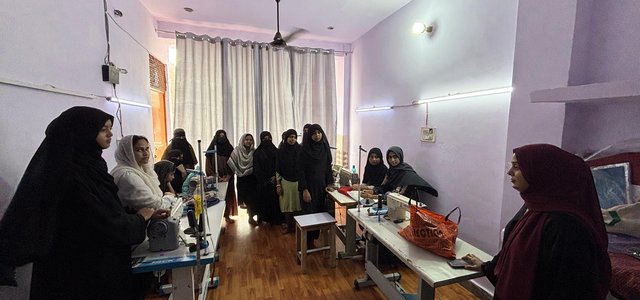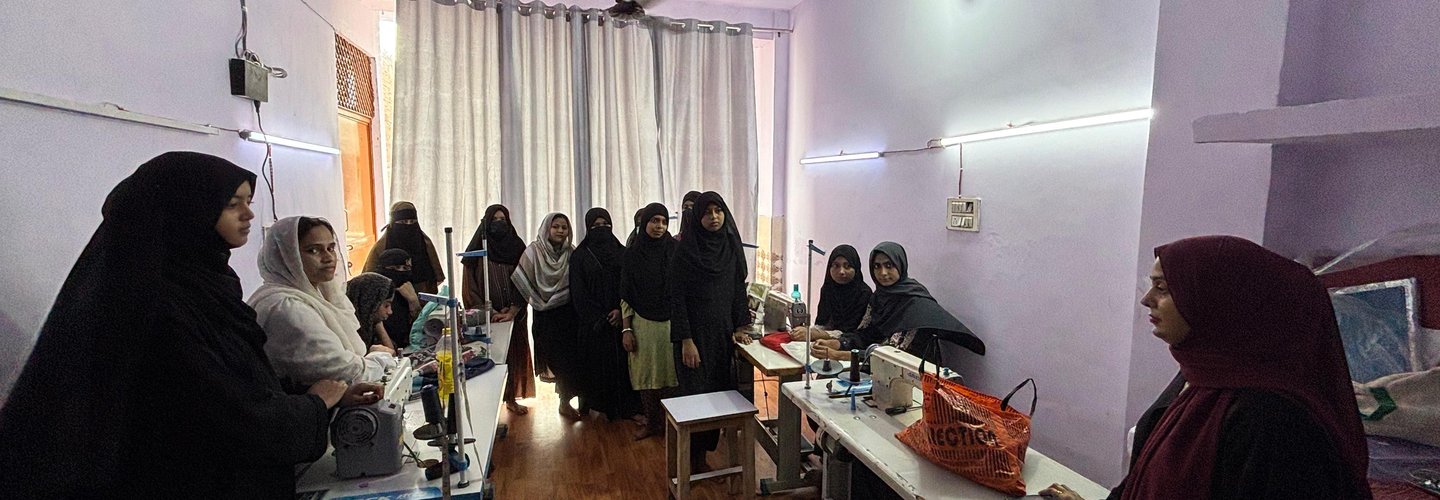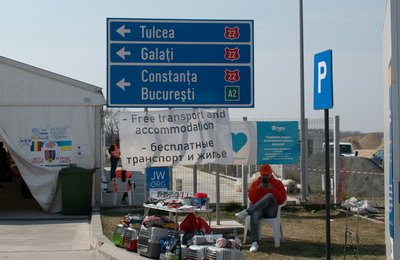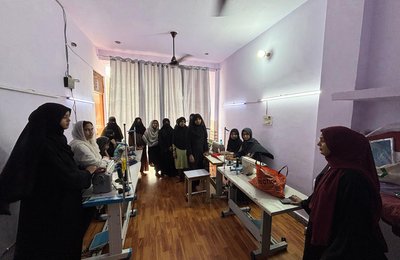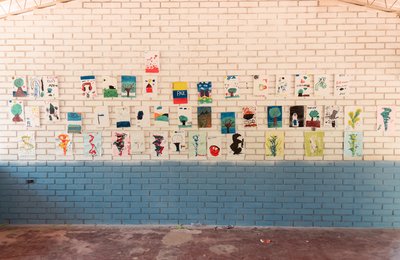From ashes to independence: How riot-affected women in Delhi found strength in Sabaat
The 2020 Delhi pogrom left behind shattered homes, lost livelihoods, and women forced into silence by grief and fear. Yet, in the heart of this devastation, a quiet revolution began. Sabaat, an initiative born out of compassion and resilience, has given riot-affected women not just a safe space to share their trauma but also the tools to rebuild their lives. Through stitching, training, and newfound sisterhood, women who once felt powerless are now earning, standing tall, and reclaiming independence with dignity and hope.
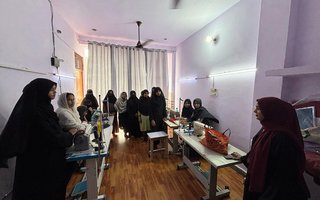
Shiv Vihar, Delhi: Shabnam, 35 years old and a mother of three, once lived a modest life with her husband, who earned 500–700 rupees (US$6–$9) a day repairing household electronics. For over a decade, he ran his own shop fixing refrigerators, washing machines, induction cookers, and TVs. “Life was good in those days,” she recalled.
That peace ended when the Delhi pogrom erupted in February 2020, killing more than 50 Muslims and destroying several homes and businesses. Their house and shop, the family’s only source of income, were burnt to ashes leaving her husband jobless. They fled to save their lives and returned two months later to find nothing left. “Whenever I think of that day, my heart throbs and I feel restless,” she said.
Like Shabnam, hundreds of women in Shiv Vihar and Mustafabad, barely 10 km from the Indian Parliament, lost husbands, homes, and livelihoods overnight. Struggling with trauma and the burden of raising children, many withdrew into silence and fear.
A stitch of hope in riot-torn Delhi
Then came Sabaat, an initiative of the Miles2Smile Foundation. It was created to give women a platform to express themselves and share their trauma. “At first, we only wanted to provide a space where they could talk,” said founder Aasif Mujtaba, a former environmental engineer turned Delhi-based activist who works with and on behalf of riot-affected Muslims in India. “These women had been locked inside their homes in fear, so we believed that meeting and speaking with each other would help them step out again.”
Soon, Sabaat went beyond being a safe space. The team began engaging women in skill-based activities that could ease their trauma while helping them earn. “Most come from lower-class families with little education, so we chose tailoring, something accessible to all, so they could gain confidence and support their families,” Mujtaba explained.
Today, Shabnam and many others earn around 200 rupees (US$3) a day. “I not only learnt tailoring but now also stitch bags, school uniforms, and T-shirts to support my family,” Shabnam said. With her husband struggling to find daily labour as he no longer owns a shop, she now helps sustain the household. “We are slowly rebuilding our lives again.”
Over the months, more and more women joined the programme. Today, Sabaat proudly boasts that two groups of trained women tailors have already graduated. They are now not only earning for themselves but also supporting their families. A separate online portal was created for them to sell their stitched items, along with other products like mugs and decorative items.
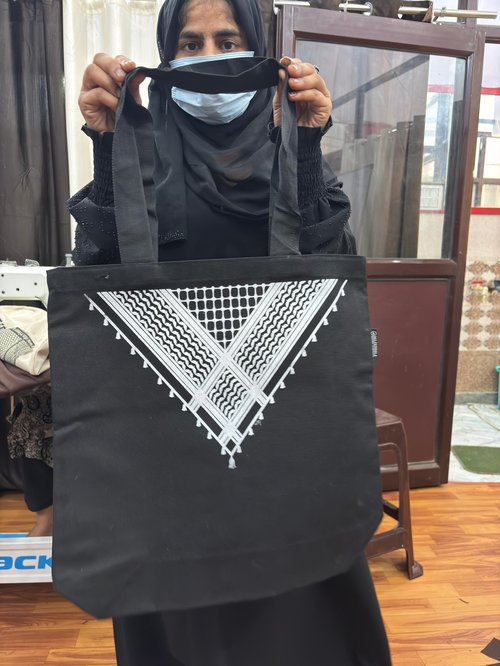
Farheen Ansari, 30 years old and also a mother of three, was born and brought up in Shiv Vihar until her marriage. She joined Sabaat as a trainer immediately after its opening and has since trained two groups of 20 women each. At present, she is working with over 30 young women, all affected by the pogrom, between the ages of 18 and 40.
Holding a diploma in fashion design, Farheen was already an accomplished tailor, skilled in making women's suits, lehengas, and T-shirts. She left her small tailoring business to dedicate herself to training women at Sabaat.
“I spent my entire childhood in Shiv Vihar,” she said. “I played in its streets, and when I saw the locality in flames during the 2020 pogrom, my heart cried, even though I wasn’t here at the time. Every woman here was in trauma after the pogrom, and when Asif bhai reached out to me to train them, I said ‘yes,’ the moment he told me. What could be better than supporting women who have suffered so much in their lives?”
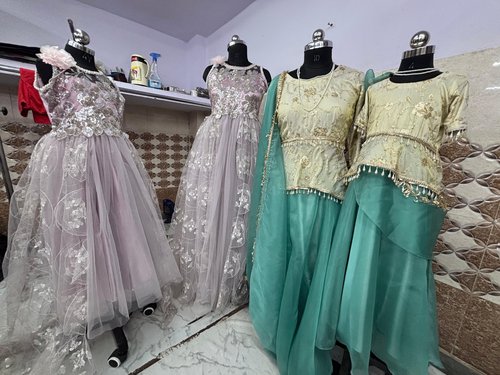
A struggle to bring women out of homes
Though Sabaat has trained many women, it initially struggled to bring those from Shiv Vihar and Mustafabad, a region then freshly hit by the pogrom, out of their homes. Attendance was low until Farhana, well-known with the name Farhana Baji in her locality (baji in Urdu means elder sister), the centre’s caretaker, stepped in.
A 55-year-old mother of three and a familiar volunteer among the riot-affected Muslims, she too had suffered—her house was damaged and her son beaten during the violence. Going door to door, she convinced families to let their women attend Sabaat. “They were hesitant, and the girls were scared. I assured every guardian their women were my responsibility,” she said. Her persistence worked, and soon the flow of women never stopped.
Anusha Ansari, 20, whose home was looted during the pogrom, said that she dropped out of the high school after the riots, like many other girls, due to fear. Watching other girls from her local area join Sabaat, she convinced her parents, though they were initially hesitant. “They were scared, but after Farhana Baji assured them of my safety, they allowed me,” she recalled. Today, she stitches uniforms, earns her own income, and says she finally feels “independent and worthy.”
A study published in the journal Review of Behavioral Economics titled ‘Child Abuse, Sexual Assault, Community Violence and High School Graduation’ found that girls who had experienced childhood violence were 24% more likely to drop out, something which also happened in Shiv Vihar as well. Farhana Baji recalled that in the aftermath of the pogrom, many families stopped sending their daughters to school, fearing for their safety. She said that the communal atmosphere had become so tense that parents believed it was no longer safe for girls to step out for education. “People were terrified,” she said. “They thought anything could happen to their children, especially daughters.”
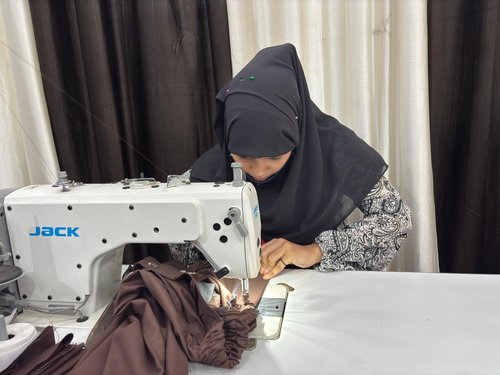
Beyond stitching
Though Sabaat began as a safe space and tailoring centre for riot-affected women, it has since gone further, teaching them to price their products on Sabaat’s own online marketplace, brand them online, and nurture entrepreneurship. “Nearly 70–80% of Sabaat women are now earning independently, supporting their families. But the best part is they leave with smiles, express themselves, and step out of their homes,” said Mujtaba.
Ramsha, a trainee, shared, “After Class 12, I stayed home for months. It wasn’t a good feeling, especially after the riots, I was scared sitting alone. At the centre, I not only learn stitching but also talk to other girls and earn something for myself. Till I join college, I will continue here, it gives me confidence and independence.”
Sabaat now plans to expand its training by introducing basic computer skills. Nazim Hussain, a computer teacher at the centre, said, “We will soon launch courses in computers like Excel, designing and PowerPoint, skills essential for today’s world, so that young girls can learn and eventually secure proper jobs apart from stitching.”

